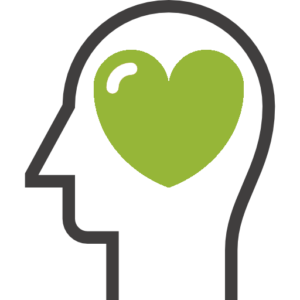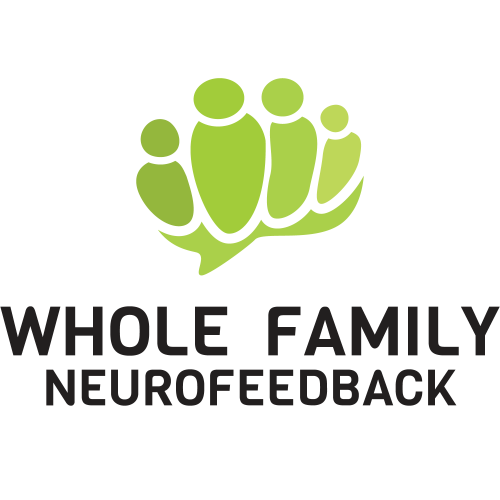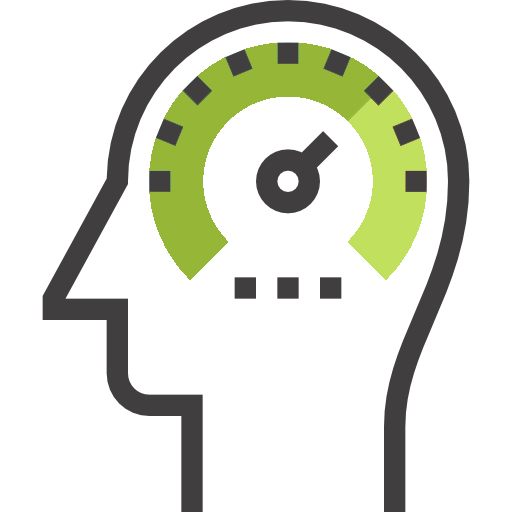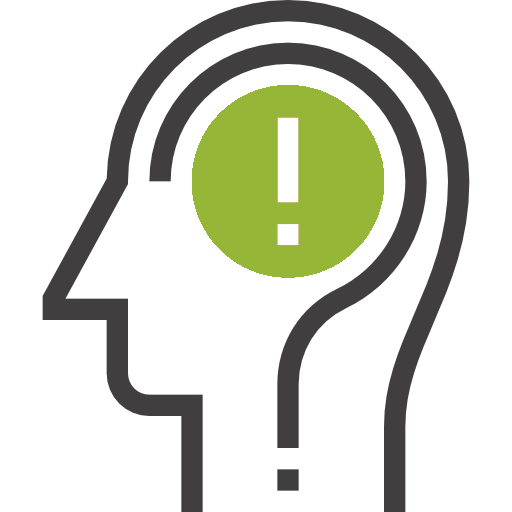Recovery and Neurofeedback
Recovery
“After my first neurofeedback session, I felt like I got my voice back. I stood up for  myself at work that night for the first time in years.”
myself at work that night for the first time in years.”
– Renee, Tampa, Florida
It’s easy to walk around in life feeling like we don’t really have control over things at work or at home—like we don’t really have a voice. Actually, the quote above is from a dear friend of mine who often felt that no matter what she did, life wasn’t going to get better. To cope with this overwhelming feeling, she drank. When she had her first NeurOptimal® session and told me of the feeling that she’d gotten her voice back, I was happy. I knew she had a long road ahead, but I knew if she kept up with her brain training, she’d make significant life changes.
In my 21 years as a psychotherapist, I have seen that, almost invariably, those who make decisions based on a feeling that they don’t have control over their lives look to mind-altering substances like cigarettes, drugs, alcohol, and food to escape and cope. Perhaps it starts out as normal teenage rebellion, but as life’s challenges get harder and harder, so does the feeling of helplessness and the need for drugs, alcohol, and food.
I wish that I’d known about neurofeedback earlier in my career. Our clients who use NeurOptimal® seem to start seeing their lives differently. They start seeing the challenges before them differently. They begin to see their problems as more resolvable, and they seem to grow more empowered and creative in the face of them.
Can you or a family member relate?
If you are like me, you can relate. And if you are like me, you also know that there are no easy solutions. There are no quick fixes. There is an emotional process that a person and a family have to go through to move towards empowerment and freedom. There are many who view addiction as a disease process. We view it as a normal response, along a spectrum, to trauma and to feelings of helplessness. When people are able to address both the trauma and the helplessness in the family, we see people gain more of a sense of control over their lives. Involvement of the family is essential to recovery. How the family is involved varies.
How Does NeurOptimal® Help?
It is generally understood in the field of addiction that sleep disturbances are common among people in recovery from substances,* and from food.** (and I suspect among family members as well). NeurOptimal® provides powerful assistance towards healthier sleep habits which is believed to be beneficial in maintaining one’s sobriety.*** Although more research is needed in this area, there is meaningful data that demonstrates the value of sleep and self-care in recovery.*** After using NeurOptimal®, our clients experience the joy of deep sleep.
How did my friend suddenly feel like she got her voice back after just one neurofeedback session? This, of course, is complex. But in part, it was related to the fact that before she told me about getting her voice back, she told me she had slept a solid 8 hours the day before. She hadn’t done that in a while. I think this is significant.
NeurOptimal® also helps with the following issues that many folks struggling with recovery often need assistance on****:
- Focus and mental acuity
- Coping better
- Managing stress better
- Changing perception of their “stuff”
- More good days than bad
- Increased flexibility
- Increased resilience
How Does NeurOptimal® Help the Family?
We recommend neurofeedback for any and all family members who are willing. When the family decides to get involved in positive ways in recovery, (neurofeedback being a great example), we recommend the following:
- Use neurofeedback to help yourself become less “addicted” to the focus on struggling, individual members
- When the family’s anxiety is less focused on one person, that person has a better chance of finding a sense of empowerment and freedom.
- When one family member improves in functioning, and can maintain that functioning in the face of stress, the whole family improves (see org)
- When family member(s) are calmer, the reactive cycles that lead to “the circus” calm down, and new options become available.
- When a family is calmer they have more of an ability to tap into the resources they possess as a group like creative problem solving, humor, compassion, leadership, self-definition/limits, and so on.
How is NeurOptimal® Different?
“Psychiatry has long referred to [any symptoms in a family or in its individual members] as pathological. This is not pathological! This is characteristic of us all, of all emotional systems. To call it pathological is misleading.” Dr. Murray Bowen
With NeurOptimal® there is no need for the labels or the blame. We do not diagnose, therefore we do not treat any “illness.” For this reason, among many others, my family and I chose this company to help us with our own life challenges. Perhaps labels have their place, but often times they take us away from the normal mental and emotional processes of family life. They tell us to put processes, and therefore individuals, into a box and label it “addict” or “crazy” or “codependent”…I could go on with the labels, as I’m sure can you. Perhaps this helps at first…maybe labeling gives a feeling of now-we-know-what-we’re-dealing-with. But ultimately, labels provide a far too narrow definition of the complex problems we face.
Instead of dealing with pathology, then, NeurOptimal® deals with natural systems. It is a practice that has validity across scientific disciplines and has no side effects.
**Li, J.T.E.; Pursey, K.M.; Duncan, M.J.; Burrows, T. Addictive Eating and Its Relation to Physical Activity and Sleep Behavior. Nutrients 2018, 10, 1428.
***Morse, Siobhan A. MHSA, MAC; MacMaster, Samuel A. PhD; Kodad, Vicki C.A.T.C., BA, MS; Robledo, Kathy LVN; The Impact of a Sleep Hygiene Intervention on Residents of a Private Residential Facility for Individuals with Co-Occurring Mental Health and Substance Abuse Disorders: Results of a Pilot Study; Journal of Addictions Nursing: October/December 2014 – Volume 25 – Issue 4 – p 204–208.
*** Fucito, LM; DeMartini, KS; Hanrahan, TH; Yaggi, HK; Heffern, C; Redeker, NS; Using Sleep Interventions to Engage and Treat Heavy Drinking College Students: A Randomized Pilot Study; Alcoholism, Clinical and Experimental Research: Volume 41, Issue 4Pages: 661-870April 2017
**** Melemis, SM; Relapse Prevention and the Five Rules of Recovery; Yale Journal of Biological Medicine 2015 Sep; 88(3): 325–332.
It only took two days on Neurofeedback before I began to feel differently. My thoughts were more clear and they somehow seemed more my own. I felt like Neurofeedback released my mind from its own prison, and once my thoughts began to feel free, so did I. It is a journey to have my mind unencumbered by old patterns and terrible thoughts to be free now to actually be myself and get to know that person. I highly recommend it, combined with therapy, for anyone…especially those struggling with triggers and distressing experiences.






